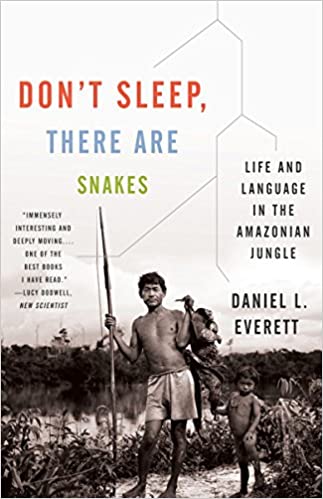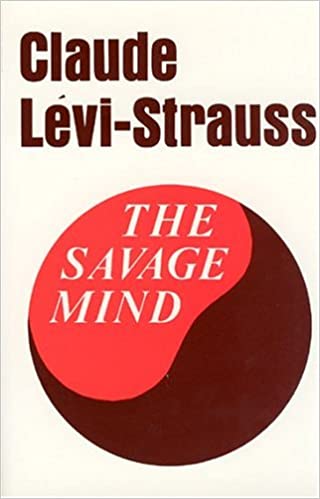Bicameral Mentality: Pre-Literate Societies
Hypothesis Two: Bicameral Mentality – Subtopic: Pre-Literate Societies
In his theory, Julian Jaynes describes the role hallucinations played in an earlier mentality, prior to the development of subjective consciousness. Based on Jaynes’s theory, it could be predicted that hallucinations and visions could be found among pre-literate tribal peoples. This was documented in early anthropological studies of the late nineteenth and early twentieth centuries (see, for example, Primitive Mentality by Levy-Bruhl), and has since been been confirmed by more recent studies. Below is a small sample of research supporting this aspect of Jaynes’s theory.
Articles
- The Illusion of Reality or the Reality of Illusion: Hallucinations and CultureAl-Issa, Ihsan, The British Journal of Psychiatry, 1995, 166, 368-373.
- Truth and ErrorBrooks, W.K., Science, June 1899, 9, 213.
- Stranger in A Strange Land (The Bicameral Mind in Africa)Buchan, T., Zambezia, 1980, VIII (ii).
- Concepts of Mental Illness Amongst the Rural Xhosa People in South AfricaCheetham, R.W.S and R.J. Cheetham, Australian and New Zealand Journal of Psychiatry, 1976, 10, 1, 39-45.
- Some Aspects of the Soul-Concept Among the Bantu-Speaking Nguni-Tribes of South Africadu Toit, Brian M., Anthropological Quarterly, July 1960, 33, 3, 134-142.
- Conceptions of Psychosis in Four East African SocietiesEdgerton, Robert B., American Anthropologist, 1966, 68, 2, 408-425.
- Psychiatry with the Aborigines of West MalaysiaKinzie, J. David and J. Malcolm Bolton, American Journal of Psychiatry, July 1973, 130, 769-773.
- Psychosis or Social SanctionKroeber, A.L., Journal of Personality, 1940, 8, 3, 204-215.
- The Role of Cultural Factors in Paranoid Psychosis among the Yoruba TribeLambo, Adeoye, Journal of Mental Science, 1955, 101, 239-266.
- Mental Illness Among Formosan Aborigines as Compared with the Chinese in TaiwanRin, H. and T.Y. Lin, The British Journal of Psychiatry, 1962, 108, 134-146.
- The Hopi Indians’ Mourning HallucinationsShen, W.W., The Journal of Nervous and Mental Disease, 1986, 174, 6.
- Cultural Determinants of Response to Hallucinatory ExperienceWallace, Anthony F.C., Archives of General Psychiatry, 1959, 1, 1, 58-69.
Books

|
The Stone Age Hunters |

|
Prehistoric Societies |

|
Don’t Sleep, There Are Snakes: Life and Language in the Amazonian Jungle |

|
Primitive Mentality |

|
How Natives Think |

|
The Savage Mind |